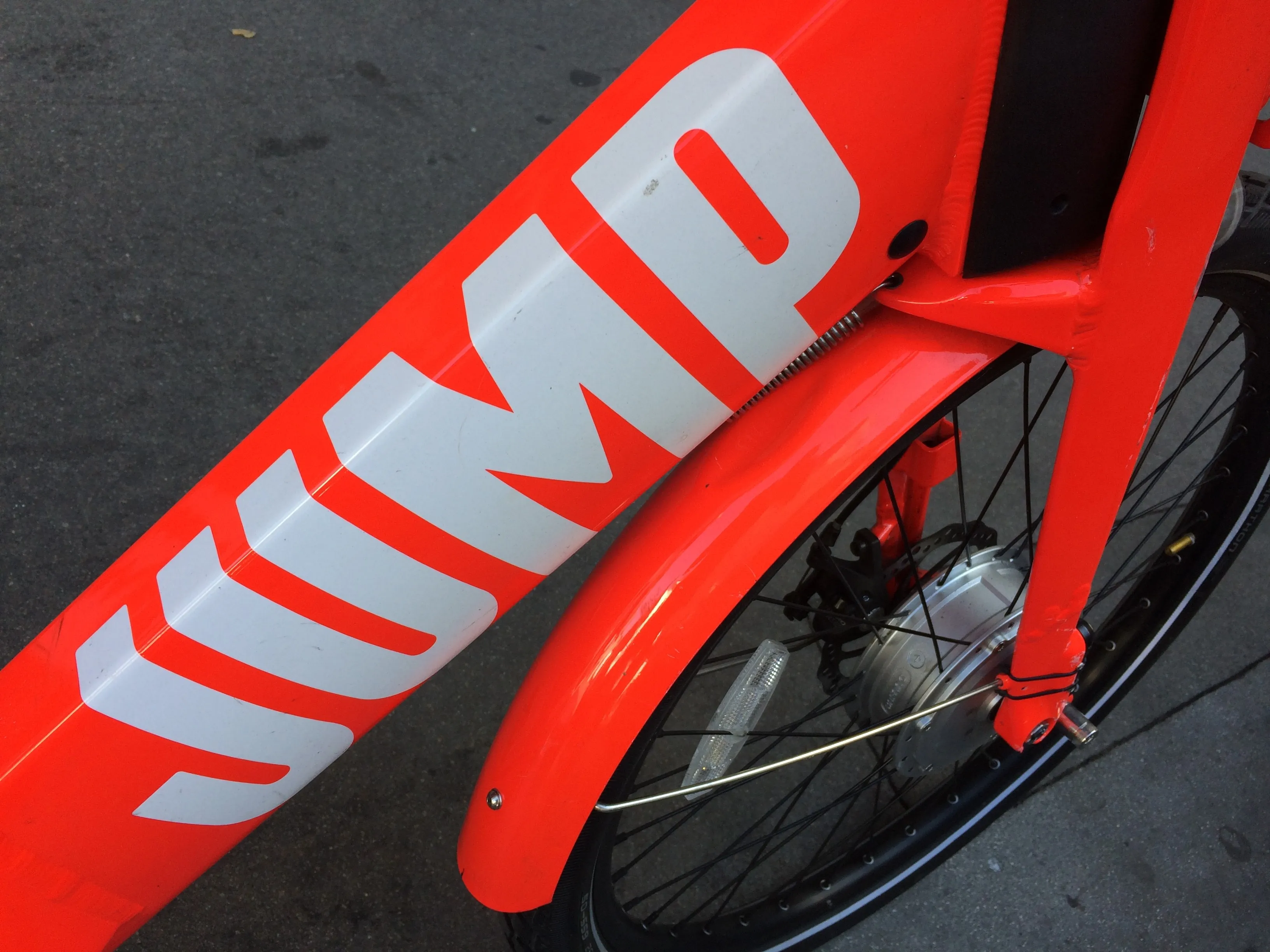A ruling by an representative of the Court of Justice of the European Union has dealt a potential blow to ride-hailing company
In his ruling, Advocate General Maciej Szpunar, said the Uber electronic platform, whilst innovative, falls within the field of transport. Uber can therefore be required to obtain the necessary licences and authorisations under national law.
The case was brought in 2014 by a group of taxi drivers in Barcelona, Spain, which argued that Uber engaged in unfair competition with its UberPOP service, which used unlicensed drivers.
According to Reuters, Uber no longer operates UberPOP in Spain. The company said it would await a final ruling later this year, but added that even if it is considered a transportation company, this "would not change the way we are regulated in most EU countries as that is already the situation today".
The decision is not binding, but the court's judges follow it in most cases.
EU court rules Uber must be regarded as a transport company
A ruling by an representative of the Court of Justice of the European Union has dealt a potential blow to ride-hailing company Uber, saying it is not merely a digital enabler but provides a transport service, which means it must be licensed in order to operate.
May 11, 2017
Read time: 2 mins










